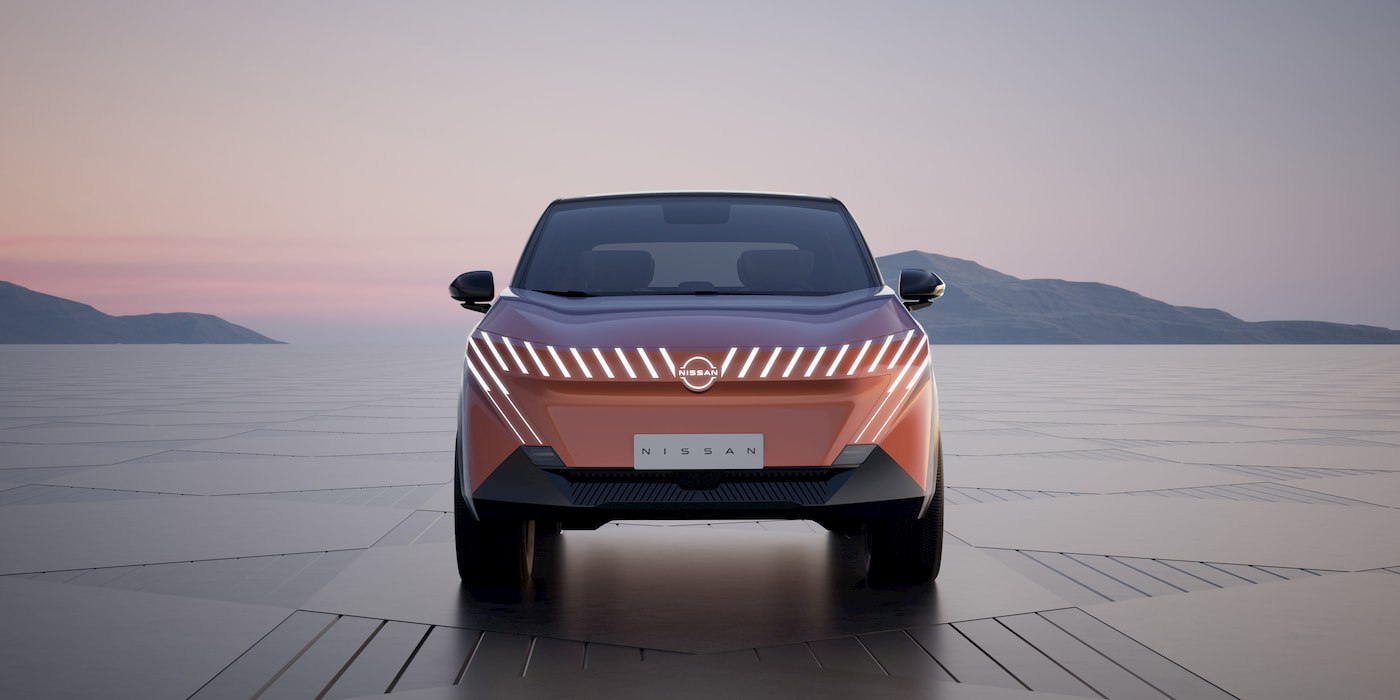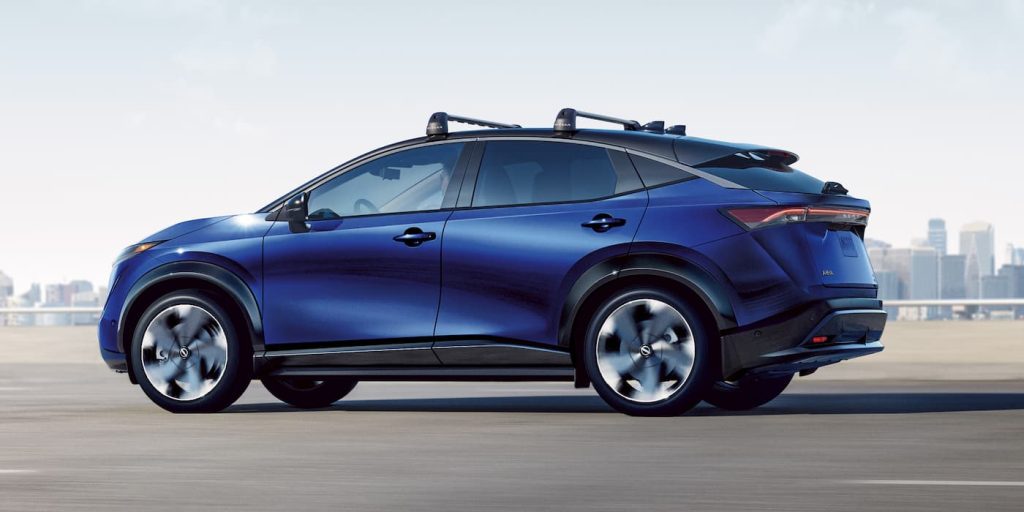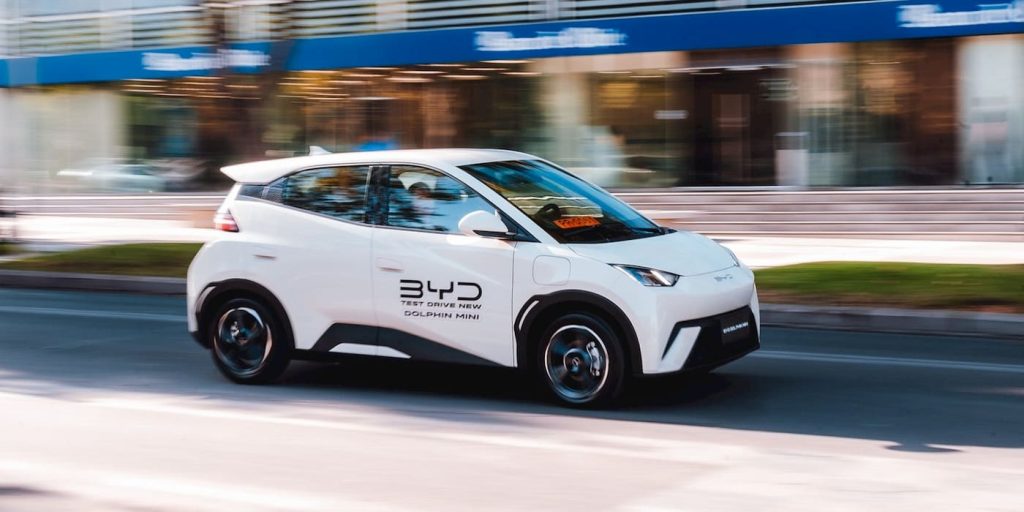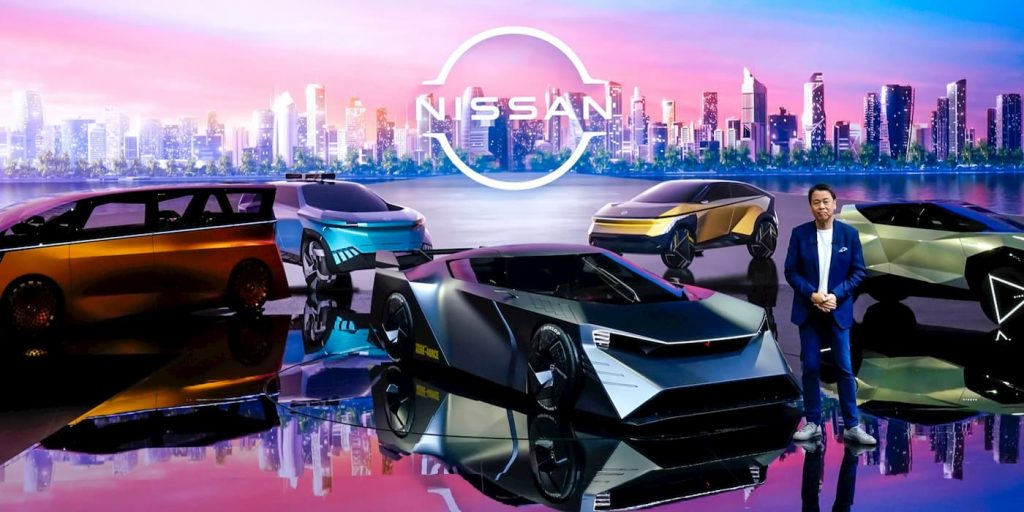
Nissan is the latest victim of BYD’s “liberation battle” against gas-powered cars. Following BYD’s deep price cuts this year, Nissan is closing a factory in China as it struggles to keep up.
As is the case for many legacy automakers, China is a critical sales market for Nissan. Nearly a third of Nissan’s global sales and net profits come from China.
After exiting the top five automakers (by market share) in China in 2022, Nissan’s problems are worsening. Nissan sales fell by 16% in China last year, and this trend continues until 2024.
Nissan sales fell another 2.8% last month, with 64,233 vehicles sold in China. The company cut its guidance by 23% last year, with 800,000 vehicles expected to be sold in fiscal 2024. According to Nikkei, Nissan will do so with one fewer plant.
Nissan has closed the doors of its factory in Changzhou, as the factory manufactures more cars than it can sell.
The facility represents about 8% of Nissan’s production capacity in China, and its annual capacity is about 130,000 units. According to the report, the factory will stop working on Friday.

Under its joint venture with China’s Dongfeng Motor Company, Nissan has eight factories in the region. Its total annual capacity is about 1.6 million cars, double Nissan’s expected sales numbers for the fiscal year 2024.
Nissan closes its factory in China amid BYD’s electric vehicle price war
The plant’s closure comes as Nissan struggles to keep pace with China’s increasingly competitive electric vehicle market.
BYD, China’s largest automaker, began a “liberation fight” against ICE vehicles earlier this year. The goal is to continue to capture market share of gas-powered vehicles with lower-priced electric vehicles. So far, it seems to be working.

BYD has cut prices significantly while introducing lower-priced EV models. The cheapest one, the Seagull EV, starts at less than $10,000 (69,800 yuan).
BYD CEO Wang Chunfu said electric vehicles have entered a “knockout round” and that the next two years will be crucial for automakers to catch up.
As lower-priced, more advanced models hit the market, BYD expects the market share of co-brands (such as Nissan) to decline from about 40% to 10% in China.
Nissan isn’t the only legacy automaker feeling the heat. Japanese rivals Toyota, Mitsubishi and Honda have also withdrawn from the Chinese market amid declining sales.

Meanwhile, BYD is looking to expand its global footprint after outpacing China’s electric vehicle market. BYD is close to closing a deal to build a factory in Mexico that will be among the largest in the country. The company expects to sell 50,000 cars in Mexico this year.
BYD is also expanding into the home country of Nissan and Toyota. According to data from the Japan Automobile Importers Association, BYD accounted for more than 20% of Japan’s electric vehicle imports in January.
With the introduction of long-range, lower-priced models, BYD’s momentum is expected to continue. China’s leading automaker is also expanding into new segments such as pickup trucks (see the new Shark PHEV), midsize electric SUVs, and luxury.
FTC: We use automatic affiliate links to earn income. more.



